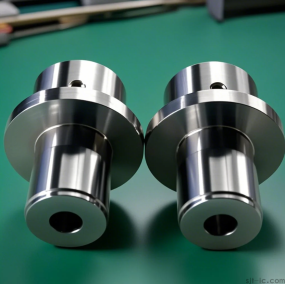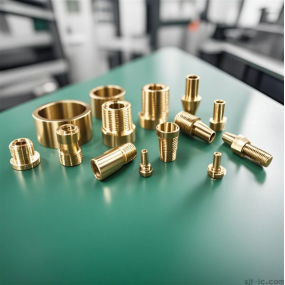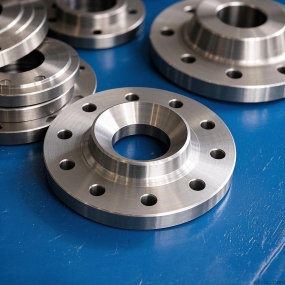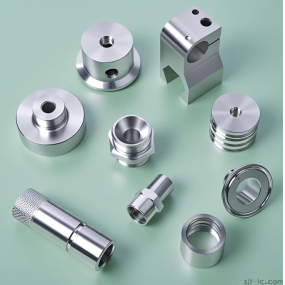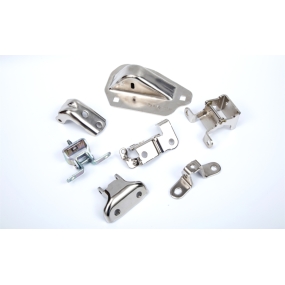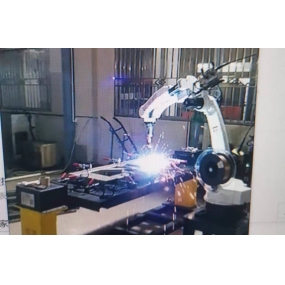There are many stamping processing plants whose main customers come from the automotive industry. In the production of automobiles, the factory adopts a lot of cold stamping processes. The cold stamping process not only has high production efficiency and stable product quality, but also is very suitable for the needs of the automotive industry for multi-variety and large-scale production. In medium and heavy-duty vehicles, most of the cover parts such as body outer panels, as well as some load-bearing and support parts, such as frames, carriages and other parts are stamped parts. And stamping parts processing plants have very high requirements for the selection of steel:
1. The surface of the material should be bright and flat, free from delamination and mechanical damage, and free from rust spots, oxide scales, and other attachments.
2. The thickness tolerance of the material should conform to the national standard. 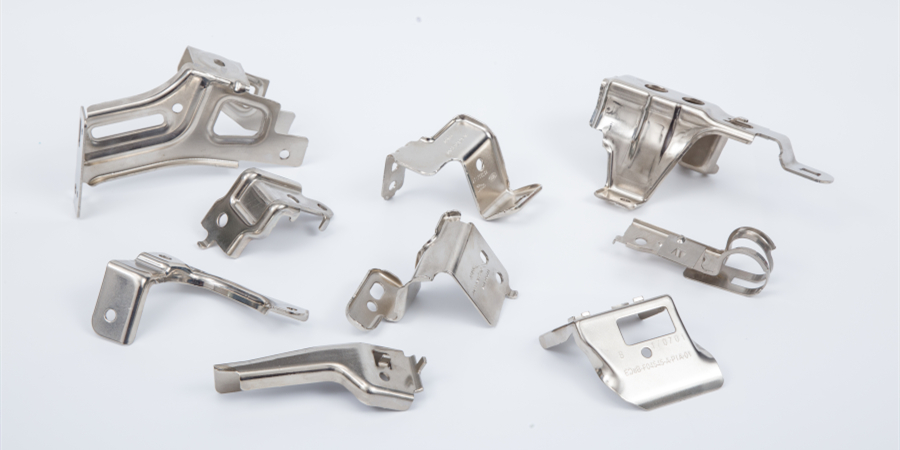
3. Materials should have outstanding formability, rigidity, elongation, concave resistance, corrosion resistance, and weldability.
4. Materials should have excellent adaptability to mechanical bonding and continuous processing such as welding, painting, electroplating, machining, and riveting.
The steel used for cold stamping is mainly steel plate and steel strip, accounting for 72.6% of the steel consumption of the whole vehicle. The relationship between cold stamping materials and stamping processing is very close. The quality of the material not only determines the function of the product, but also directly affects the process planning of the stamping process, affecting the quality, cost and service life of the stamping parts. Therefore, the reasonable selection of automotive stamping materials by stamping processing plants is a messy and important task.
This article is from EMAR Mold Co., Ltd. For more EMAR related information, please click: www.sjt-ic.com,


 Spanish
Spanish Arabic
Arabic French
French Portuguese
Portuguese Belarusian
Belarusian Japanese
Japanese Russian
Russian Malay
Malay Icelandic
Icelandic Bulgarian
Bulgarian Azerbaijani
Azerbaijani Estonian
Estonian Irish
Irish Polish
Polish Persian
Persian Boolean
Boolean Danish
Danish German
German Filipino
Filipino Finnish
Finnish Korean
Korean Dutch
Dutch Galician
Galician Catalan
Catalan Czech
Czech Croatian
Croatian Latin
Latin Latvian
Latvian Romanian
Romanian Maltese
Maltese Macedonian
Macedonian Norwegian
Norwegian Swedish
Swedish Serbian
Serbian Slovak
Slovak Slovenian
Slovenian Swahili
Swahili Thai
Thai Turkish
Turkish Welsh
Welsh Urdu
Urdu Ukrainian
Ukrainian Greek
Greek Hungarian
Hungarian Italian
Italian Yiddish
Yiddish Indonesian
Indonesian Vietnamese
Vietnamese Haitian Creole
Haitian Creole Spanish Basque
Spanish Basque

